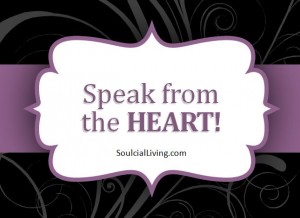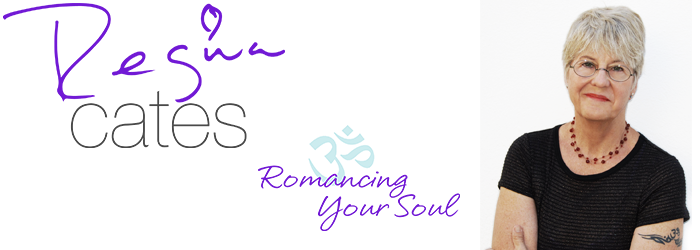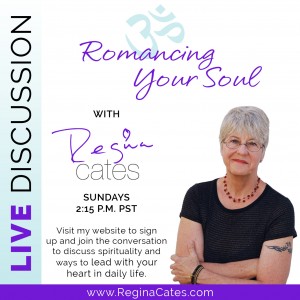 You’ve heard this before, haven’t you? Walk your talk!
You’ve heard this before, haven’t you? Walk your talk!
At first, we take this to mean that what you tell others to do you must be doing yourself. This is an important part of living a healthy and happy lifestyle.
It is also important because want to make an impact with others in everything we do. We want to set an example, and demonstrate the results of our efforts.
My mentor, Paul Chek, often says that you can only teach to your level of personal mastery
Far too often we fall prey to others who promise a wonderful path of results if you only follow their guidance. Yet, these same people fail to follow their own program, and cannot show proof of the results in their own lives.
We want to work with people who have done it themselves, and are living the life they are offering.
This makes perfect sense. We go to doctors and surgeons who are in the top of their field. We trust them because they have successfully accomplished results in their procedures.
We put our financial wellbeing in the hands of financial advisors who have proven they successfully manage their own portfolios.
What about you? Are you walking your talk? You may say, “Well I don’t have a career in which I ask people to follow my advice.” That may be true, but let’s look deeper into how you are walking your talk. Whether you realize it or not, it affects the results in your life.
The deeper awareness of walking your talk has to do with what you believe about yourself. It is these beliefs that create the results in your life.
These beliefs are your inner “talk.” They lay deep within your subconscious, and they are the auto-pilot of your life. They are also the filter through which you experience your life.
Your inner voice is always talking to you, and it directs your thoughts, feelings and actions. Because of this, you are always walking your talk in some manner, be it in a positive or a negative way.
There is a bigger question that comes to mind as you consider your inner talk. You must ask yourself if you have a belief system that is giving you what you truly desire in life.
If you are unsatisfied or unhappy with the results in your life, then the best action to take is to change the source of your inner talk.
If you ever want to know what someone’s inner talk is, all you have to do is look at their life and how they act. Everything about each person is a direct expression of that inner talk. Our lives, and how we live them, give us away.
If you want to improve your health and fitness, you must create a new vision of what it means to be healthy and fit. This will become your new and improved talk within your subconscious. Once it is fixed in your brain, you will consistently begin to think, feel, and act in accordance with your new talk. You will walk the talk of this new vision of yourself.
Do you desire greater health and wellness for your life? If you truly wish to start living your life to its fullest and healthiest, then it’s time to create a new talk and to start walking it.
This is a very exciting step, and I would love to help you with it.
Here is a complimentary webinar that will help you get started.
Go to www.holistichealth-fitness.com and click on the link in the bottom left hand corner for the 6 components to health and wellness.
I wish for you all a Vibrant Life.
Dave

 Before you gossip, remember how it feels to be talked about behind your back.
Before you gossip, remember how it feels to be talked about behind your back. 
 It’s okay to get angry and frustrated at times, but it’s not okay to make these a lifestyle.
It’s okay to get angry and frustrated at times, but it’s not okay to make these a lifestyle.
Feedback